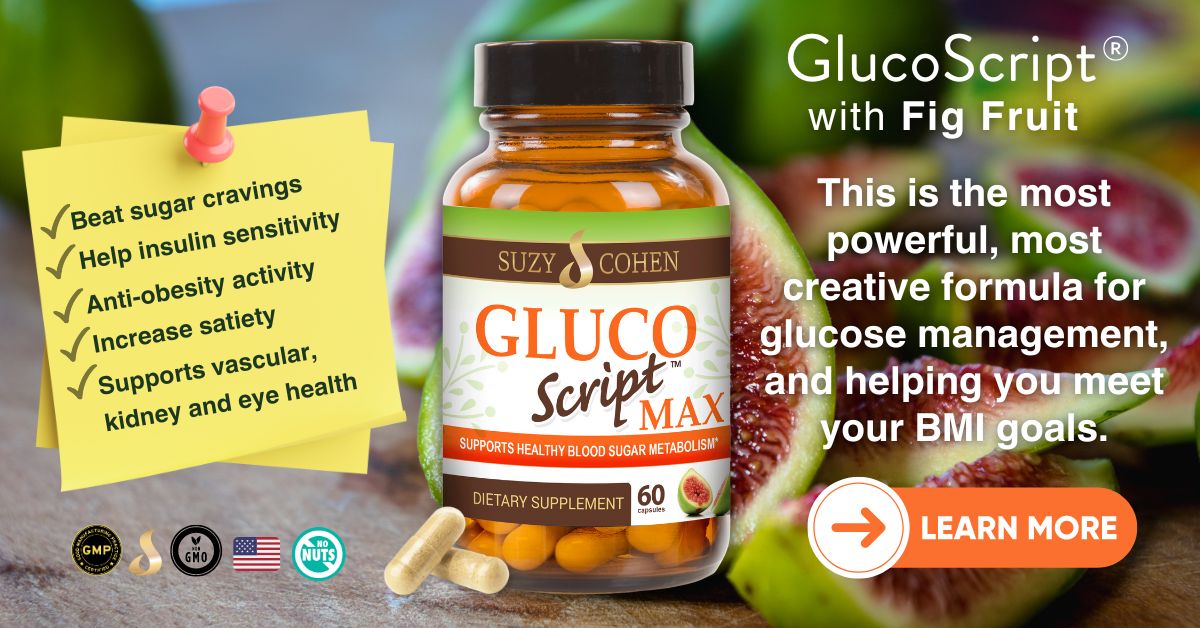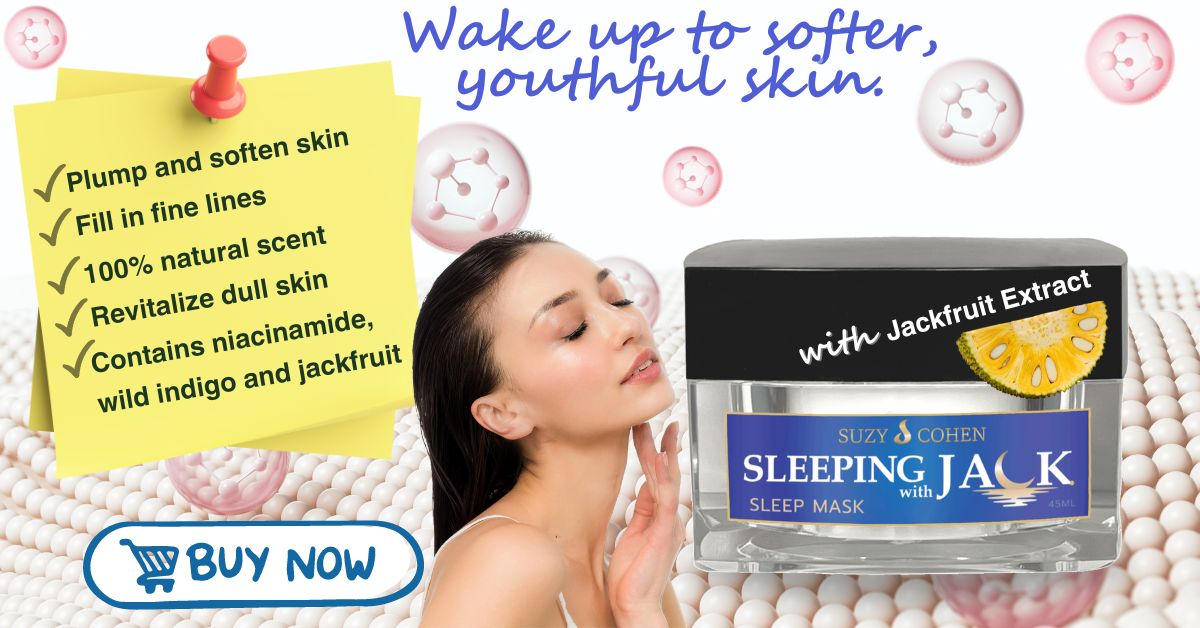What's On This Page?
ToggleAs a knowledgeable pharmacist, I am well-acquainted with the common inquiries people brought to their local pharmacist. Often, the questions revolved around seeking natural alternatives to conventional medications they are currently taking, for example, I take such-and-such, is there a natural equivalent?
Today, even though I’m not standing in the pharmacy, or even wearing my white coat, I am delighted to assist you by providing insightful suggestions in this regard. This will empower you to engage in informed discussions with your healthcare provider(s) – it’s not intended to make you go and self-treat as many conditions below require physician supervision, lab testing and routine check-ups.
In this discussion, I will specifically address the top 4 medications frequently prescribed in the United States: lisinopril, levothyroxine, atorvastatin, and metformin. By exploring potential natural alternatives, you may be able to improve your blood work numbers, reduce the risk of side effects, and achieve better health status.
Here are the top 4 pharmaceuticals and some natural options:
1. Lisinopril (Zestril® or Prinivil®) Has Natural Alternatives
This is a prescription drug used to treat hypertension and heart failure. It’s an ACE inhibitor, we heard a lot about the ACE receptor during the pandemic, so you may recognize that word.
It was approved by the U.S. Food and Drug Administration in 1987.
Lifestyle modifications: Adopting a healthy lifestyle that includes a balanced diet, regular exercise, weight management, stress reduction, and limiting alcohol intake can support blood pressure management.
Coenzyme Q10 (CoQ10): Some studies suggest that CoQ10 supplementation may help lower blood pressure levels. A randomized controlled trial published in the European Journal of Clinical Nutrition found that CoQ10 supplementation significantly reduced blood pressure.
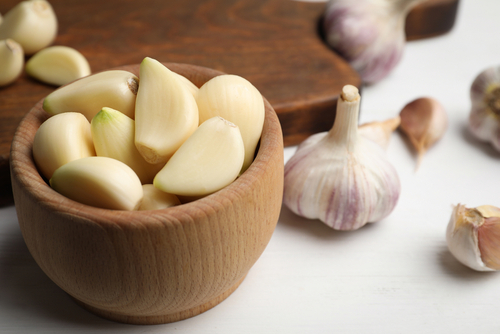
Garlic: Garlic extract has been studied for its potential blood pressure-lowering effects. A systematic review published in the journal BMC Cardiovascular Disorders indicated that garlic supplementation might modestly reduce blood pressure. Garlic is one of the best natural alternatives you can take for regulating blood pressure!
Ask doc, but you could probably include CoQ10 and garlic supplements in a regimen of lisinopril because they work better together. Just make sure your pressure doesn’t drop too quickly! Also, be aware of orthostatic hypotension as a potential adverse event.
Most people have HIGH blood pressure, however if you are prone to low blood pressure, you might be interested in another article that I wrote, 10 Ways to Treat Sudden Low Blood Pressure.
2. Levothyroxine (Synthroid®)
This is an oral medication commonly prescribed for the treatment of hypothyroidism, which is characterized by reduced thyroid hormone levels (ie an underactive thyroid gland).
The U.S. Food and Drug Administration (FDA) approved levothyroxine in the 1950s. Since then, it has become one of the most prescribed medications for thyroid hormone replacement therapy. In 2019, over 98 million prescriptions were dispensed!
This number is staggering and highlights the significant role levothyroxine plays in managing thyroid conditions. If undiagnosed, thyroid problems lead to obesity, diabetes, high blood pressure, heart disease, and faster aging!
Some natural alternatives/remedies include selenium, ashwagandha, tyrosine, and botanical antioxidants. I’ve written a lot about this topic since I am a thyroid thriver! Get my FREE ebook “Hypothyroidism: 5 Reasons You Don’t Get Well” by CLICKING HERE.
I talk a lot about natural alternatives for thyroid health (and other conditions),so please do the following:
1) Use my search box and type in “thyroid” or “hypothyroidism” and you can read many of the articles I’ve written here.
2) Grab a copy of my highly-reviewed book, Thyroid Healthy – it’s here on AMAZON.
3) Consider Thyroid Script, a dietary supplement I created to support a healthy thyroid gland and to improve the conversion of T4 to T3. LEARN MORE ABOUT THYROID SCRIPT HERE. There are no direct hormonal natural alternatives to this drug (because it is a lab-created medication), but there are natural alternatives to using medications that will boost T4 levels by providing cofactors.
3. Atorvastatin (Lipitor®)
This is a popular statin medication used to lower cholesterol levels which is intended to reduce risk of cardiovascular events. It is the third most prescribed medication in the USA, as of 2020 with over 88 million prescriptions dispensed. It works by blocking an enzyme called HMG-CoA reductase, which plays a role in cholesterol production. This in turn helps reduce the risk of potentially fatal heart attacks and strokes.
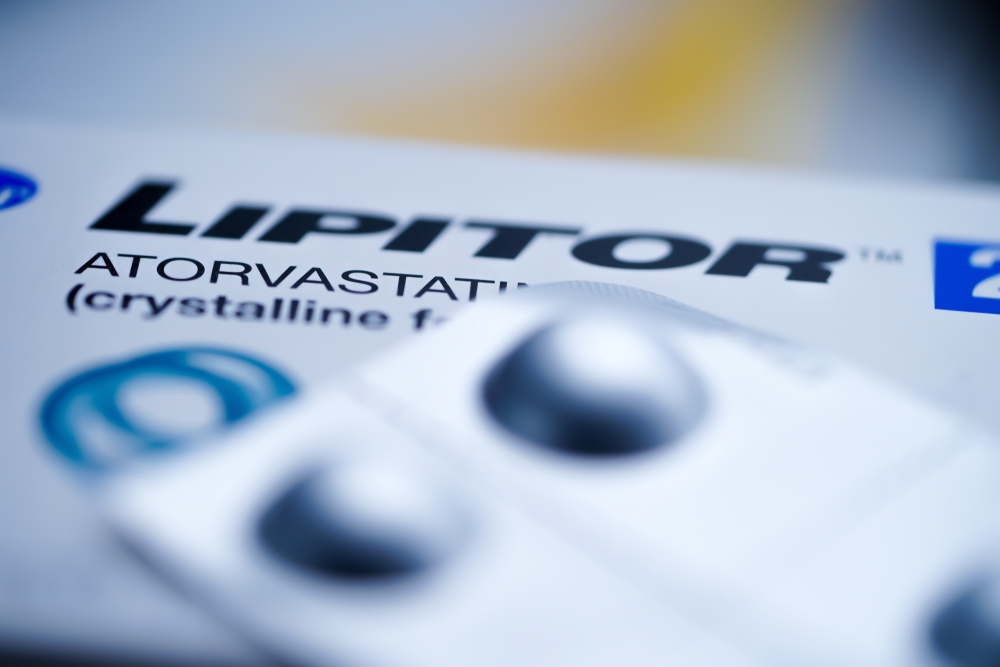
Due to its mechanism of action, there are many side effects including those that cause muscle pain and weakness, hyperglycemia, and mood changes. As a result, customers at the pharmacy will often ask what else they can do (or take) instead of atorvastatin. Here are some natural alternatives:
Red yeast rice: Red yeast rice is a natural dietary supplement that contains compounds that act similarly to statin drugs meaning they block (inhibit) HMG-CoA reductase.
This may help lower cholesterol levels.* A meta-analysis published in the American Journal of Cardiology showed that red yeast rice supplementation significantly reduced total cholesterol, LDL cholesterol, and triglyceride levels. So instead of a statin, you could try red yeast rice with your doctor’s permission.
Plant sterols and stanols are another option to try for lowering cholesterol and they are considered natural alternatives. These compounds found naturally in certain plant foods, have been shown to lower LDL cholesterol. A paper published in the Journal of the American College of Cardiology concluded that plant sterols and stanols significantly reduced LDL cholesterol levels.
A very low carbohydrate diet along with exercise will often help a person get off statins. It’s almost foolproof! But it’s really hard for people to give up carbs and sugar. As a result, most people with high cholesterol opt for natural supplementation and statins.
4. Metformin (Glucophage®)
This medication was FDA-approved in 1994 for the treatment of type 2 diabetes. Metformin works by improving the way your body uses insulin, improving insulin sensitivity. It doesn’t make more insulin. Also, the drug helps to reduce sugar production in the liver. There are no direct natural alternatives to this drug, but there are many ways to impact insulin resistance, cravings and blood glucose levels.
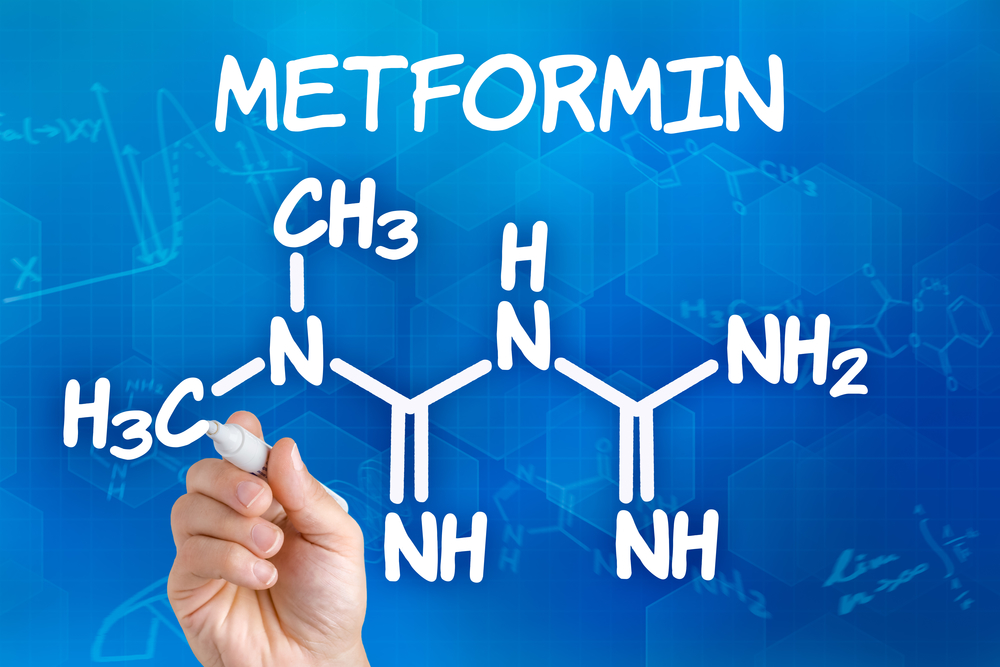
This is why it is a favorite amongst practitioners. Typically, side effects are mild such as a metallic taste, reduction in appetite, and GI-related side effects. But some people occasionally experience more serious side effects.
For example, a rare but potentially life-threatening condition called lactic acidosis may occur. This occurs when there is an excessive rapid buildup of lactic acid in the bloodstream, which can be caused by metformin’s impact on certain metabolic processes.
Although lactic acidosis is rare, it would be wise for me to tell you the symptoms just in case you don’t know them. That way you could seek immediate medical attention if they occur. Lactic acidosis is a side effect of many drugs, not just metformin.
Here are the symptoms of lactic acidosis:
Rapid breathing or shortness of breath
Nausea or vomiting
Abdominal pain
Weakness or fatigue
Dizziness or lightheadedness
Muscle pain or cramps (find natural alternatives for this problem HERE.)
Irregular or slow heartbeat
It’s important to note that lactic acidosis is more likely to occur if a person has pre-existing kidney or liver problems, heart failure, severe infections, or alcohol consumption. The risk of lactic acidosis is also higher in cases where the dosage of metformin is too high.
Metformin is thought to be a safe and effective medication for the management of type 2 diabetes by most practitioners. This side effect is considered rare, but again, I wanted you to know the symptoms just in case you or a loved one begins to experience them. There are no direct natural alternatives to this drug, but there are many ways to impact insulin resistance, cravings and blood glucose levels.
As for natural options, there are many. The main ones for treating diabetes would be diet and lifestyle. Losing weight, and controlling carbohydrate intake is key. Fitness and exercise turn on life-extension genes that can help you naturally produce more insulin and improve insulin sensitivity. Aside from these which control glucose metabolism, the following may help too.
Berberine: Berberine, a compound found in certain plants, has been studied for its potential blood sugar-lowering effects. A systematic review and meta-analysis published in the journal Complementary Therapies in Medicine indicated that berberine supplementation significantly reduced fasting blood sugar levels.
Gymnema sylvestre: It reduces how much sugar you absorb through your intestines, thus lowering bloodstream levels. It also stimulates insulin production while simultaneously improving insulin sensitivity. Some studies suggest it may improve beta cell regeneration. You can see why I put both of these herbs (and others) in my powerful formula GlucoScript MAX. It’s one of the best natural alternatives I know of!
Summary
As you can see there are many options that Mother Nature has provided people with when it comes to helping treat conditions. Being a pharmacist who is passionate about natural medicine, I want to assure you of our role.
We can provide valuable information and guidance when it comes to prescription drugs, and those who are trained in natural alternatives offer a unique perspective and ability to address your questions and concerns while you explore newer ways to help improve your health.
As you can see, our role extends well beyond simply dispensing medications, and one more thing to keep in mind. We relied solely on what Earth provided to us for centuries. For eons. What makes you think that pharmaceuticals are the only answer to every ill you have? There isn’t a pill for everything yet but there are a lot of natural alternatives out there. So keep an open mind and next time you have your appointment with your physician, ask about natural alternatives. Many are just as strong as drugs but without serious side effects.

Suzy Cohen, has been a licensed pharmacist for over 30 years and believes the best approach to chronic illness is a combination of natural medicine and conventional. She founded her own dietary supplement company specializing in custom-formulas, some of which have patents. With a special focus on functional medicine, thyroid health and drug nutrient depletion, Suzy is the author of several related books including Thyroid Healthy, Drug Muggers, Diabetes Without Drugs, and a nationally syndicated column.

